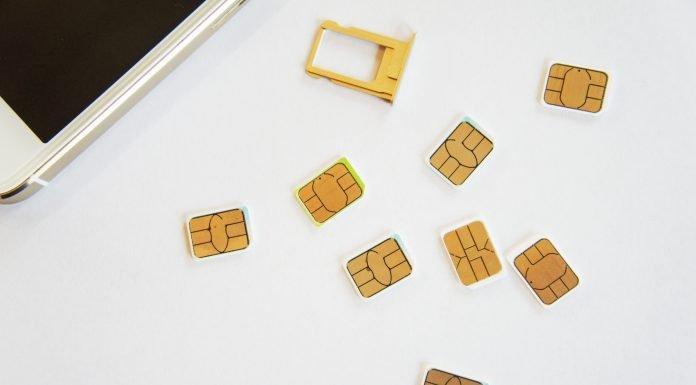Get in Touch
Google announced a glitch that stored unencrypted passwords belonging to several business customers, a situation that had been exploitable since 2005.
In a blog post...
A leaked database has compromised the personal information of more than 49 million Instagram users, including celebrities and “influencers.”
The information was found on an...
The U.S. Department of Justice announced that it has arrested and charged members of a major cybercriminal ring in connection with $2.4 million worth...
WhatsApp disclosed a major security vulnerability that allowed hackers to remotely install spyware on mobile devices.
The vulnerability, discovered earlier this month, allowed third parties...
Microsoft's Outlook.com service suffered a major breach earlier this year. The compromise allowed hackers to potentially access user email accounts, and that was the case for...
The source code and security keys associated with a number of Samsung apps and projects have been discovered on unprotected server. Samsung’s SmartThings home...
Adam Levin was featured on a short video on TicToc by Bloomberg, where he discussed the trade-offs between security and convenience for mobile banking...
A messaging app released by the French government to secure internal communications has gotten off to a troubled start.
Tchap was released in beta earlier...
The European Union’s parliament voted to create a biometric database of over 350 million people.
The Common Identity Repository, or CIR, will consolidate the data...
Facebook announced that it “unintentionally” harvested the email contacts of 1.5 million of its users without their consent.
The social media company automatically uploaded the...














